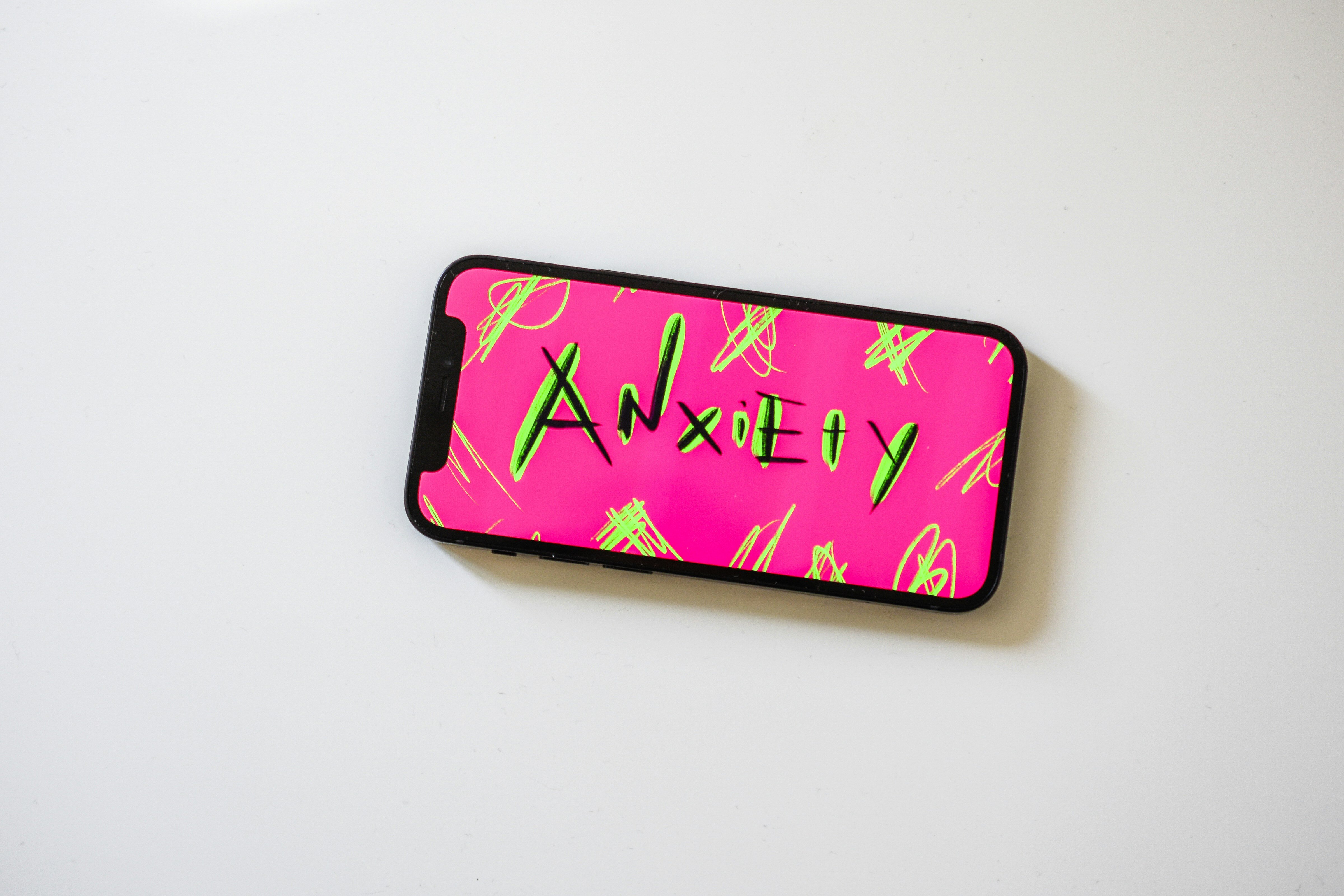Anxiety is something many people experience but understanding it can help reduce the fear it creates. This article explores what anxiety really is, why it happens, and where to find support if you're struggling.
What Is Anxiety?
Anxiety is a natural response to stress. It’s what you might feel before a big event, an exam, or when you're facing the unknown. In small doses, it can help us stay alert and focused. But for some, anxiety becomes overwhelming or constant—even when there’s no obvious reason.
When that happens, it might be part of an anxiety disorder.
Common Symptoms
Anxiety shows up in many ways. Some common physical symptoms include:
Racing heart
Sweating or trembling
Shortness of breath
Dizziness or lightheadedness
Nausea
Emotional symptoms may include:
Constant worrying
Feeling overwhelmed
Restlessness or irritability
Trouble sleeping
Difficulty concentrating
Everyone experiences anxiety differently, and it can come and go or feel constant.
What Causes Anxiety?
There’s no one size its all answer, but causes can include:
Life events: Trauma, loss, or stress
Personality: Some people are more prone to worry
Health conditions: Some physical illnesses or medications can trigger anxiety
Genetics: Anxiety can run in families
Brain chemistry: Imbalances in neurotransmitters can affect mood and stress levels
Getting Support in the UK
If you think you might be struggling with anxiety, you are not alone nd support is available:
GP (NHS Doctor): You can talk to your GP, who may suggest therapy, medication, or both.
IAPT Services: Free NHS talking therapies like CBT (Cognitive Behavioural Therapy) are available.
Charities like Mind or Anxiety UK offer helplines, support groups, and resources.
Helplines: Samaritans (116 123), SHOUT (text "SHOUT" to 85258), and others provide 24/7 support.
Self Help and Coping Strategies
Here are some things that can help manage anxiety:
Breathing exercises or meditation
Journaling thoughts and triggers
Limiting caffeine and sugar
Regular sleep and routine
Gentle movement, like walking or yoga
Talking to someone you trust
Small steps matter—there’s no pressure to “fix” it all at once.
Final Thoughts
Anxiety can feel isolating, but you’re not alone. Whether it’s mild or more severe, it’s valid and help is available. Understanding your anxiety is the first step to feeling more in control. Be kind to yourself and take things one moment at a time.






Recommended Comments